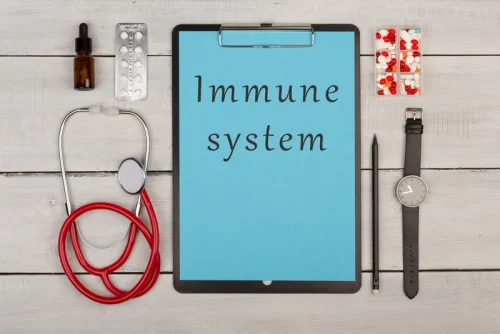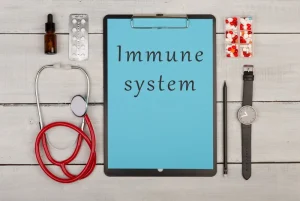
When it comes to the effects of alcohol on hydration, it’s important to consider the role of electrolytes. Electrolytes are minerals that help maintain the balance of fluids in our bodies and play a crucial role in hydration. Let’s explore the role of electrolytes in hydration and how alcohol can disrupt this balance. Remember, while these strategies can help mitigate dehydration effects, it’s essential to drink alcohol responsibly and in moderation. Prioritizing hydration not only helps prevent dehydration but also supports overall well-being during social gatherings or nights out. One of the most common factors is drinking alcohol on an empty stomach.

How much water does it take to rehydrate?
You’ll also have the opportunity to connect with our licensed Reframe coaches for more personalized guidance. The Reframe app equips you with https://ecosoberhouse.com/ the knowledge and skills you need to not only survive drinking less, but to thrive while you navigate the journey. Our daily research-backed readings teach you the neuroscience of alcohol, and our in-app Toolkit provides the resources and activities you need to navigate each challenge. Drink plenty of plain water, an electrolyte drink or sports drink, and eat water-rich, easily digestible foods. Alcohol suppresses the hormone vasopressin, which governs how much you urinate. These foods also have the bonus of being easy on the digestive system if yours is upset from drinking too much alcohol.
Type and amount of alcohol consumed:

Sodium is an electrolyte mineral found in many foods, and most people obtain adequate amounts from table salt. Dehydration contributes to hangovers but is just a piece of the puzzle. Alcohol can even get into the lungs and be released when you exhale. This is why breathalyzers are often used to check if someone’s driving while intoxicated. This test measures blood alcohol concentration (BAC), or the amount of alcohol in your blood.
How Alcohol Disrupts Electrolyte Balance
The pituitary gland is responsible for regulating our growth, metabolism, and reproduction by creating and regulating hormones. When alcohol reaches the pituitary gland, it blocks the creation of vasopressin, which is known as the antidiuretic hormone or the hormone that helps us retain fluid in our body. Blocking this antidiuretic hormone causes fluids to pass directly through the kidneys to Sobriety our bladder, which is why we have to pee way more while drinking alcohol. A lower-alcohol beer, if you don’t drink too many, will be less dehydrating than wine or hard liquor, since beer generally has a lower alcohol content. No matter what you choose to drink, drinking slowly and savoring your drink is a good way to moderate your total alcohol consumption and minimize alcohol’s dehydrating effects.


You may feel the effects of the alcohol sooner, but it can also amplify other effects, including dehydration. In addition to water loss, drinking alcohol can also lead to electrolyte does red wine dehydrate you imbalance—especially sodium. Alcohol consumption lowers your sodium levels, primarily because of low solute (protein and salt) intake as compared to free water intake. Under normal conditions, the kidneys require solute to excrete free water. In the absence of adequate amounts of solute, kidneys hang on to more free water, thereby diluting the sodium concentration in the blood.

Drink plenty of water:
Be sure to stay hydrated throughout the day, and if we’re going to be drinking alcohol, be sure to include water whenever possible. Several studies reported increased sympathetic nervous system activation and discharge of sympathetic amines after alcohol consumption43,48,49. Alcohol may cause hypertension by affecting the autonomic nervous system50.
- Dehydration occurs when the body does not have sufficient amounts of fluid to function effectively.
- When you drink alcohol, your body produces more urine than usual.
- “It’s important to replenish fluids after drinking, or better yet, while drinking,” Sternlicht says.
- Drinking water before, during, and after alcohol consumption can help prevent dehydration.
- It can also weaken immunity, increasing a person’s risk of infections.







